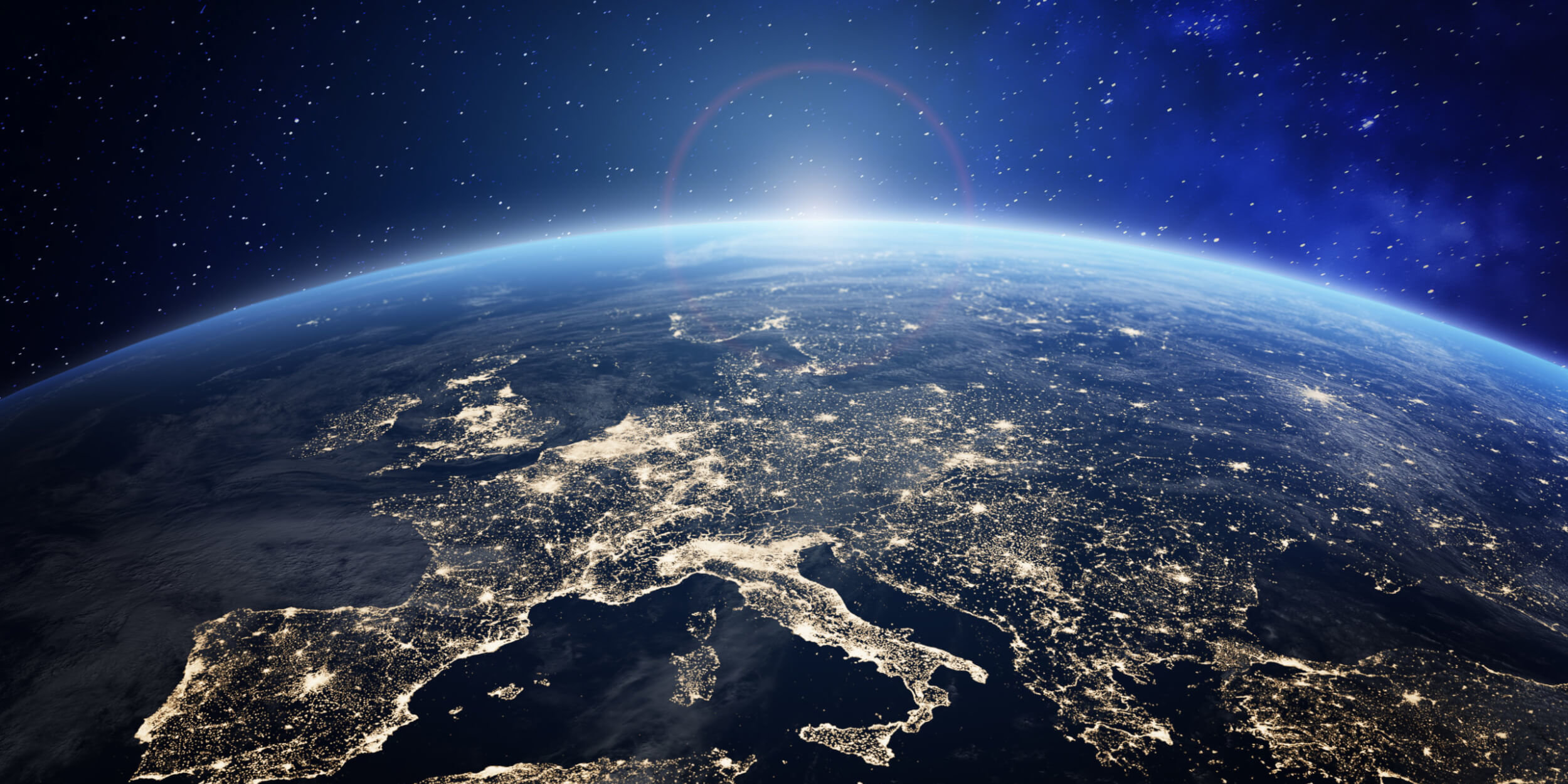April brings Earth Day—a day that is designated to raise awareness about environmental issues in the world. The first Earth Day in 1970 had bi-partisan support, from farmers to city folks to businesses. Later that year, Republican president Richard Nixon created the Environmental Protection Agency. The nation has become more divided politically over what actions the government should take on environmental issues. Despite more than 50 years of efforts to protect the planet, humans still struggle to find balance with the natural world. Overpopulation, pollution, burning of fossil fuels, and deforestation have triggered climate impacts including unhealthy air quality in many parts of the world, and undrinkable or shrinking water supplies.
While it is easy to decry human activity, finding solutions is a much more challenging task. And, it’s important for young people to look more deeply at science and the data. I encourage us all to look beyond what might be posted on social media and dig deeper into the issues. Even electric cars create a significant environmental impact through carbon emissions—charging that electric vehicle requires coal plants and natural gas. Batteries for electric vehicles require invasive mining of precious metals that often cannot be recycled. Further, plastic comes from petroleum and is ubiquitous in global society. For most people living in industrial societies, it is very hard to avoid furthering human-environmental impact.
Geologists know that the Earth has been much hotter than it is now, and ecological systems are always changing. One CA geologist parent, who I respect, notes that when looking at the history of the Earth we need to take the long view and have perspective on its natural cycles.
“Overall, scientists have accurate and precise records of deep cores that show clearly the temperature history of our planet,” he says. “They go back hundreds of millions of years—way before humans and the industrial revolution existed. The science proves that Earth has cycles of hundreds of millions of years; inside those cycles are smaller cycles of millions of years and then cycles of 40K-100K years. Overall, the Earth cools and gets warmer—the Earth has been 9-15 degrees warmer than what it is today. That part of the history of the Earth is 99.999995% of the entire life of our planet. The focus of the planet with humans is disproportional on the 0.000005%. If we compare the age of the Earth to one day, we (humans) have been on Earth only the last second of the last hour of one day. We should and we must be paying attention to what we do to reduce our footprint. But on a much bigger picture, there is nothing we can do to fight geologic cycles.”
This geologist/parent notes the insignificance of humans in the Earth’s long history and future. But, we know our Earth is always changing, and humans are linked to these recent changes. Check out this interesting video from Google Earth to show just how dramatic these changes have been in recent years.
There are no easy answers here. Saving our planet is going to take much work and cooperation. I am dubious that eight billion people can make revolutionary changes to the way we live. I am more hopeful that innovation and technology can lead to news ways of creating a balance. I encourage you to study these issues from all perspectives and take your own action.
